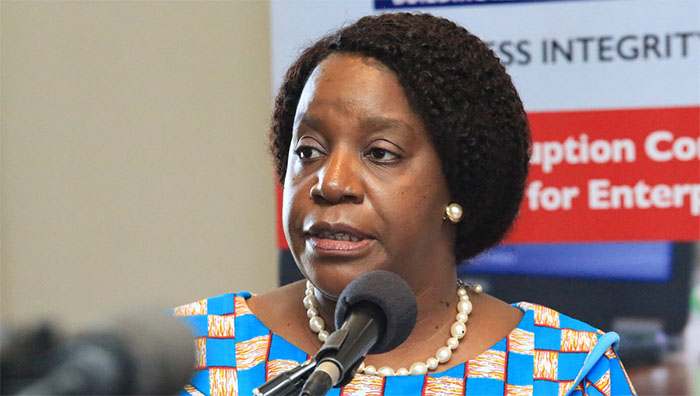What is it like growing up as an ethnic minority?

Ms G
Recently, a certain ethnic minority group in China has been given quite some outsied attention. Horrific legal terms are being thrown around.
As human beings, we are wired to be susceptible to bad news. After all, if you were one of those early ancestors hunting outdoors tens of thousands of years ago, you would like to be informed of a coming lion as early as possible, even if it later turns out be a false alarm.
I have no intention to argue what is true or not true in the sensational stories flying around. I don’t know about you. But it is my belief that to speak conclusively to anything when all you’ve got is second-hand information or hearsay is irresponsible at the very least.
But as someone who has grown up in China as an ethnic minority, perhaps my story can be another angle to look at the whole theatrics about China’s ethnic policies.
First things first, it has been a proud experience.
My community, the Dawoer, is numbered at about 200 000, a little over one-ten-thousandth of the Chinese population, a minority in its real sense. But growing up, I have never been made to feel inadequate, shameful, or inferior. Far from it. My friends from the Han ethnicity were quite jealous that I was “someone special” and I enjoyed some privileges they didn’t have.
The administration of my region, where there is a relatively large Dawoer community, is partly delegated to the Daowers, although we are still much outnumbered by the Han and some other ethnic groups.
The top official of the town must be a Daower. There are a number of similar jurisdictions in the country managed by the Dawoers, including one in Xinjiang Uyghur Autonomous Region.
In my town, there is an elementary school and a middle school dedicated to Dawoer students.
There, aside from the national curriculum, the Dawoer language and culture is taught. Beyond the nine-year compulsory education, there is a high school in the nearby city, a 20 minutes drive from my town, for all ethnic minorities students.
Young Mongolians, Koreans, Dawoers and a dozen others live and learn together. But these special schools are not our only choice. Ethnic minority students are free to choose regular schools.
My home province in north eastern China has a bigger community of ethnic minorities than many other provinces.
So, the provincial government maintains a college entrance policy specially designed to ensure minority students better access to higher education.
In China’s highly competitive college entrance examination, ethnic minority students can receive 20 bonus points if they apply for the universities in the province.
This is a huge advantage, because in the tough competition, one more point could mean thousands less of competitors.
In the decades when the one-child policy was in place, Dawoers and the other ethnic minorities in my province were always allowed to have more than one child. But most of my parents’ generation chose to have only one for their own reasons.
The more interesting part in my experiences is that, as an ethnic minority, we have a very active cultural life. There are museums, demonstration villages, culture centres and workshops to preserve and promote our cultural legacy.
On our most important festivals, the local government would fund grand celebratory activities.
All my family members and friends would dress up in the traditional costume. On the vast grassland, we would sing and dance together to the Dawoer music.
In fact, it is a happy occasion for people of all ethnic backgrounds where they mingle joyfully, celebrating what makes them different but sharing in the same happiness that binds them together.
Unfortunately, I have not participated in such an event for years as I left for Beijing to go to university and then the UK for a master’s degree.
Many of my Dawoer friends also left the small town, pursuing higher education and good career opportunities in the big cities and abroad.
Like our Han peers, we believe we can make the most of ourselves as long as we work hard. Unlike our Han peers, we know we have more support from the government in realizing our dreams.
That explains the pride I mentioned early on.
Six years ago when my son was born, my Han husband was eager to register the little one as a Dawoer on his birth certificate. Kikikikiki.










Comments